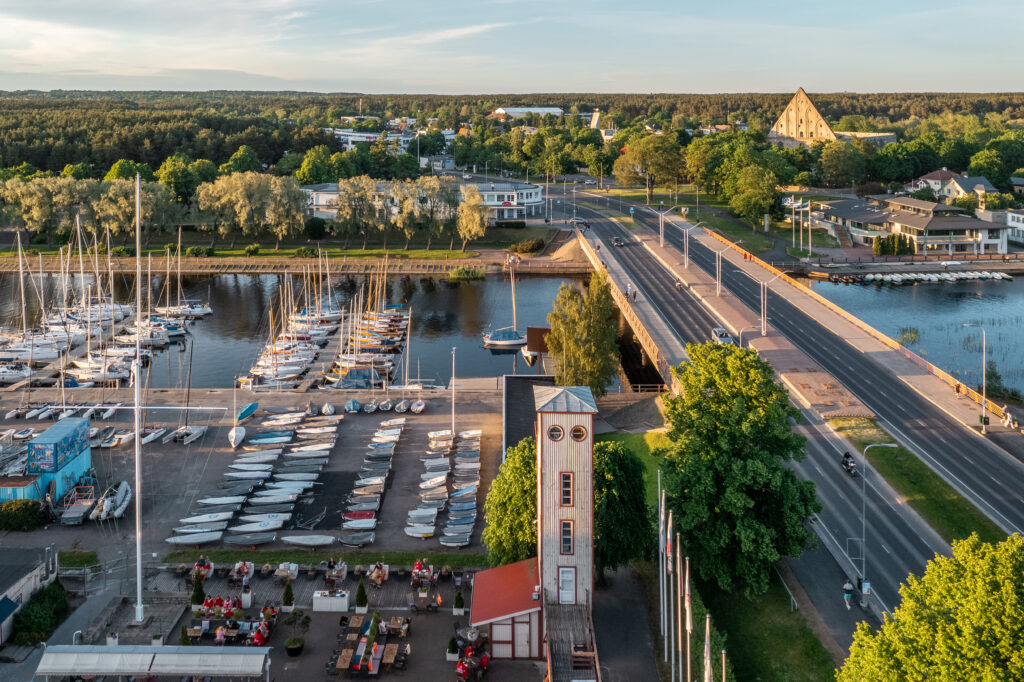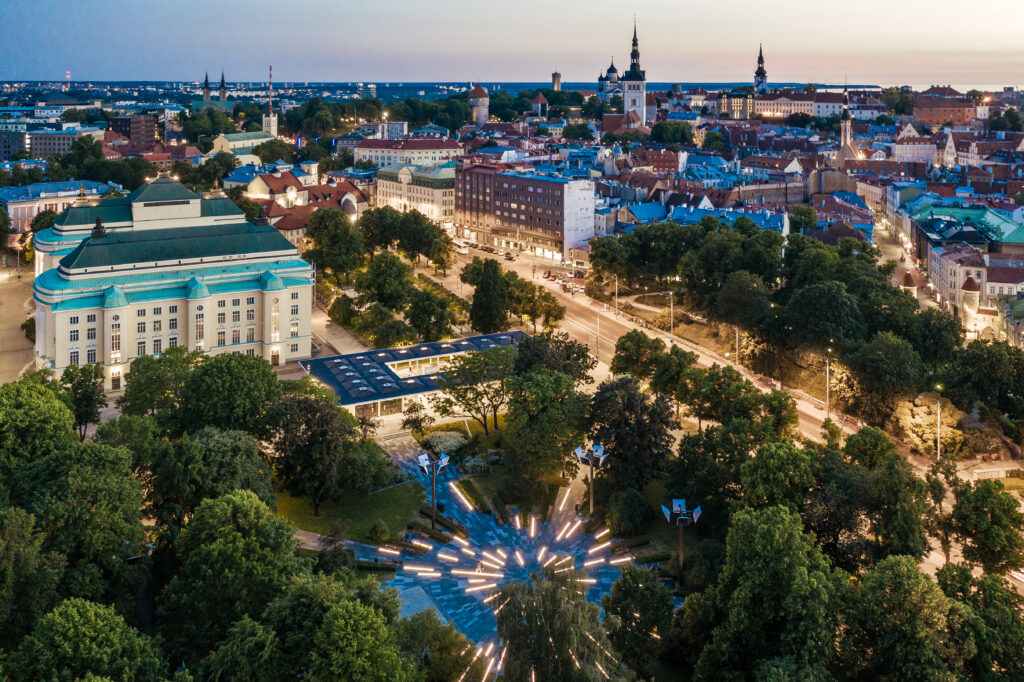The Estonian capital, Tallinn, beat competition from Helsingborg, Sweden; Krakow, Poland; and Sofia, Bulgaria to become the “European Green Capital” of 2023; the competition is organised by the European Commission, the executive branch of the European Union.
The winner of the competition was announced on 9 September in Lahti, Finland – the current bearer of the title.
The “European Green Capital” is elected by the European Commission, recognising the efforts of cities that “preserve and improve an environment that supports both the living environment and the economy”. The “green capital” is supposed to act as a role model to other cities in sustainable development and thus improve the urban environment in European cities.
Approximately 75% of the European Union’s population live in cities. The award is presented to a city that has at least 100,000 inhabitants and is willing to engage in real change.
The cities are assessed on twelve environmental indicators: air quality, noise, waste, water, nature and biodiversity, sustainable land use and soil, green growth and eco-innovation, climate change in mitigation, climate change in adaptation, sustainable urban mobility, energy performance and governance.

Sixteen cities applied
Together with Tallinn, 16 cities applied for the 2023 “green capital” title: Sofia (Bulgaria), Logroño (Spain), Zagreb (Croatia), Dublin (Ireland), Cagliari (Islands of Sardinia, Italy), Warsaw, Krakow, Gdansk and Rzeszów (Poland), Skopje (Macedonia), Helsingborg (Sweden), Belgrade (Serbia), Košice (Slovakia), Gaziantep and Izmir (Turkey). Helsingborg, Krakow and Sofia reached the final with Tallinn but ultimately lost.
“Tallinn impressed the international jury with their systemic approach to green governance and interlinked strategic goals, which reflect the ambitions of the European Green Deal,” a statement, released on behalf of the European Commission, said. “As one of the best-preserved medieval cities in Europe and a UNESCO World Heritage Site, Tallinn is characterized by a diverse and mosaic nature of its landscapes and communities, which also serve as habitats for rare species,” the statement added.
Among the strengths of the Estonian capital, the competition’s jury also pointed out “free public transport” and “brownfield re-conversion”, according to the Tallinn city government.

Tallinn to lead a new network
Tallinn will also lead the newly launched network of 19 European cities, which aims to implement the UN Sustainable Development Goals at the local level, focusing among other things on poverty eradication, gender equality, clean water, climate change, sustainable cities and energy sustainability, economic growth and employment.
It is the first time Tallinn will bear the “European Green Capital” title.
The first “European Green Capital” was awarded in 2010 and 13 cities have been awarded the title thus far: Stockholm (Sweden), Hamburg (Germany), Vitoria-Gasteiz (Spain), Nantes (France), Copenhagen (Denmark), Bristol (UK), Ljubljana (Slovenia), Essen (Germany), Nijmegen (Netherlands), Oslo (Norway), Lisbon (Portugal), Lahti (Finland) and Grenoble (France).
Cover: Tallinn’s city centre. The image is illustrative. Photo by Kaupo Kalda.


There is no country called Macedonia, only North Macedonia.